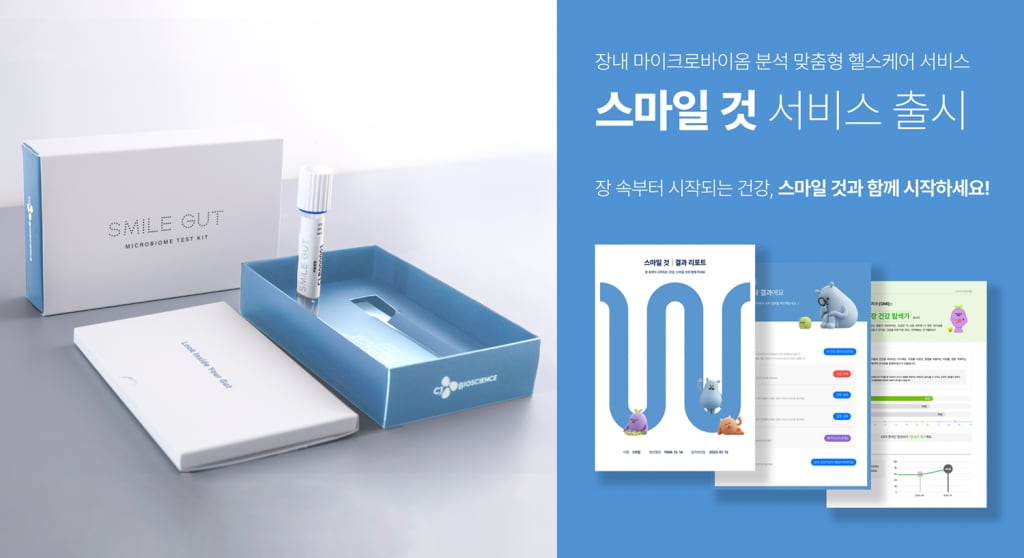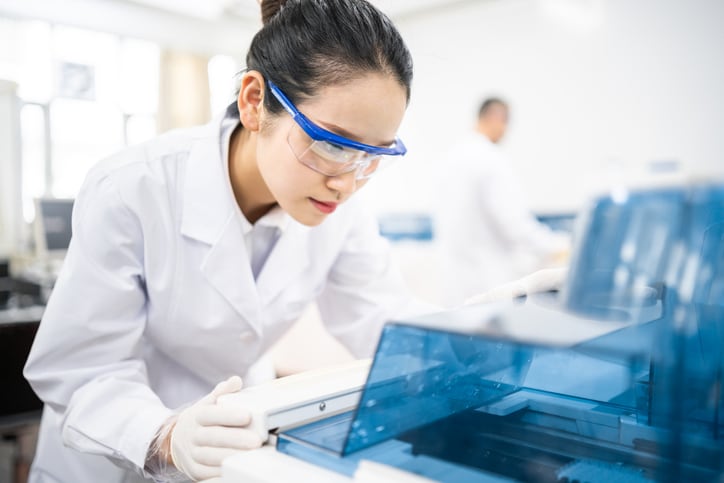The findings could be relevant to brands in the consumer health, cosmetic, and clinical sectors.
Researchers envision a future where diagnosing inflammatory skin conditions could be as simple as submitting a skin swab and saliva sample for analysis.
This could significantly enhance accessibility and convenience.
“Imagine a future where there is a combined diagnostic kit for inflammatory skin conditions. A patient could provide a skin swab and a saliva sample, which could be analysed together.
“This could allow for much more targeted and personalised treatment approaches. Moreover, skin and saliva samples can be collected outside of clinical settings, such as in department stores or community facilities,” said AMILI CEO and co-founder Dr Jeremy Lim.
AMILI, a biotech firm founded by gut microbiome experts from the National University of Singapore (NUS), wants to make this a reality through a collaborative study with Sequential, a UK firm specialising in skin microbiome testing.
Multi-ethnic clinical trial
Both Singapore and the UK’s diverse populations provide a crucial foundation for generating generalisable data.
Sequential, based in London, has access to multi-ethnic demographics, while researchers in Singapore can similarly ensure broad representation across ethnic groups.
Skin characteristics, such as pigmentation, vary across ethnicities. This allows researchers to explore whether different ethnic groups have distinct microbiome profiles in their skin and saliva that relate to skin diseases, explained Dr Lim.
Researchers will begin recruiting participants in April – 300 individuals in Singapore and 300 in the UK. Biological samples will be collected from three sites – skin, saliva, and stool.
For skin sampling, Sequential’s specialised skin tape will be used. Participants will apply the tape to their skin to collect microbial samples, then place it into a designated container for further analysis.
Participants will also complete questionnaires on lifestyle, diet, and skin conditions.
All these data will be compiled into a database for in-depth analysis.
Dr Lim hopes to complete this study within 12 to 18 months and unveil crucial insights about the gut-skin axis.
“We want to develop something that’s not only scientifically robust but also commercially viable. The goal is for people to actually put the findings to good use.
“For example, from the saliva and stool microbiome data, we hope to draw enough links to gain insights into how gut microbes affect the skin and related diseases,” said Dr Lim.
If saliva sampling proves effective, it could be a more viable consumer solution, as collecting stool samples is far more cumbersome.
He drew a parallel to diabetes diagnostics: “The gold standard is the oral glucose tolerance test, but it’s impractical for routine use, so we rely on simpler methods like urine tests and finger-prick blood tests.
“Similarly, while stool microbiome analysis remains the gold standard, we are exploring whether saliva can yield meaningful insights into inflammatory skin conditions,” Dr Lim said.
Microbes are crucial to overall health
Inflammatory skin diseases such as eczema and dermatitis are closely linked to an individual’s microbiome, particularly on the skin. However, addressing the root cause may require a more systemic approach.
“We know that eczema and other inflammatory skin conditions are heavily shaped by the immune system, both locally on the affected skin areas and systemically throughout the body. This explains why mild skin conditions can be treated with topical steroids, whereas more severe cases require oral steroids,” said Dr Lim.
He adds that many eczema patients rely on steroids, which only suppress immune responses rather than addressing the root cause. Understanding how the microbiome influences skin immunity could lead to more effective and targeted interventions.
“The human immune system is significantly influenced by the microbiome, with 60–70% of immune cells residing in the gut. This makes sense because the gut is the most exposed to foreign substances through the food and beverages we consume.
“The immune system’s key role is to protect us from these foreign substances, whether they come from the external environment or internal threats like cancer.
“So if we study the skin microbiome and its immune factors, alongside the gut microbiome and its systemic effects on the immune system, would we gain a more comprehensive understanding?
“Our starting proposition was that while the skin microbiome is important and necessary for understanding skin disorders, it is insufficient to study it alone. To fully understand how microbiomes influence inflammatory skin diseases, we believed it was essential to study both [skin and gut microbiome].” said Dr Lim.
Dr Lim acknowledged the complexities of gut-skin axis research but remains optimistic.
“With advancements in large language models and analytical techniques, we are increasingly capable of extracting meaningful insights from complex datasets,” he said.
Most existing microbiome tests focus solely on skin bacteria, overlooking potential gut-related influences.
AMILI and Sequential aim to bridge this gap, exploring new frontiers in microbiome diagnostics with commercial and clinical implications through this collaboration.
The UK–Singapore Collaborative R&D Call is jointly administered by Enterprise Singapore and Innovate UK. The programme supports the creation of market-ready products, technology-driven services, and innovative processes with strong commercial potential in Singapore, the UK, and global markets.





